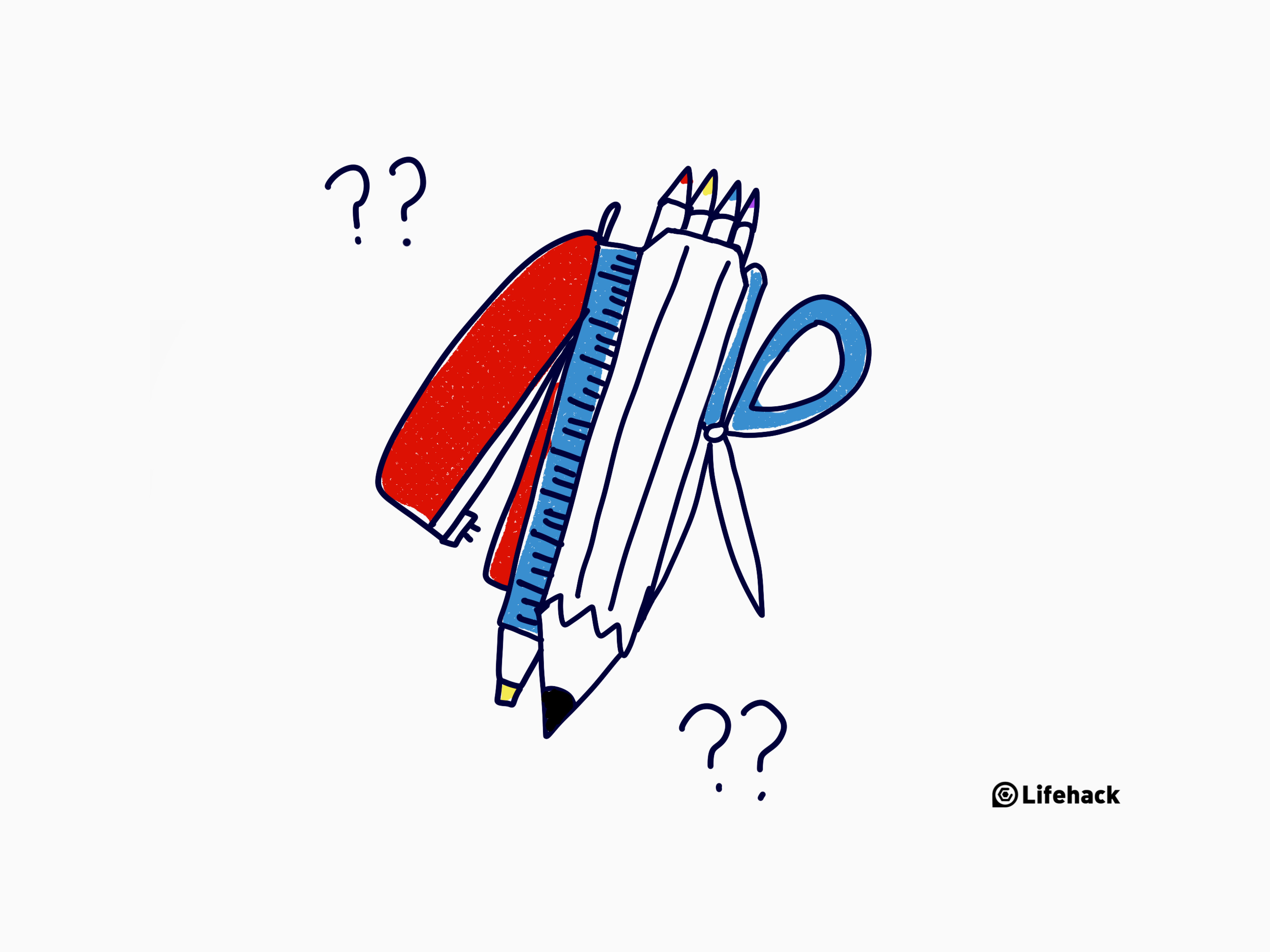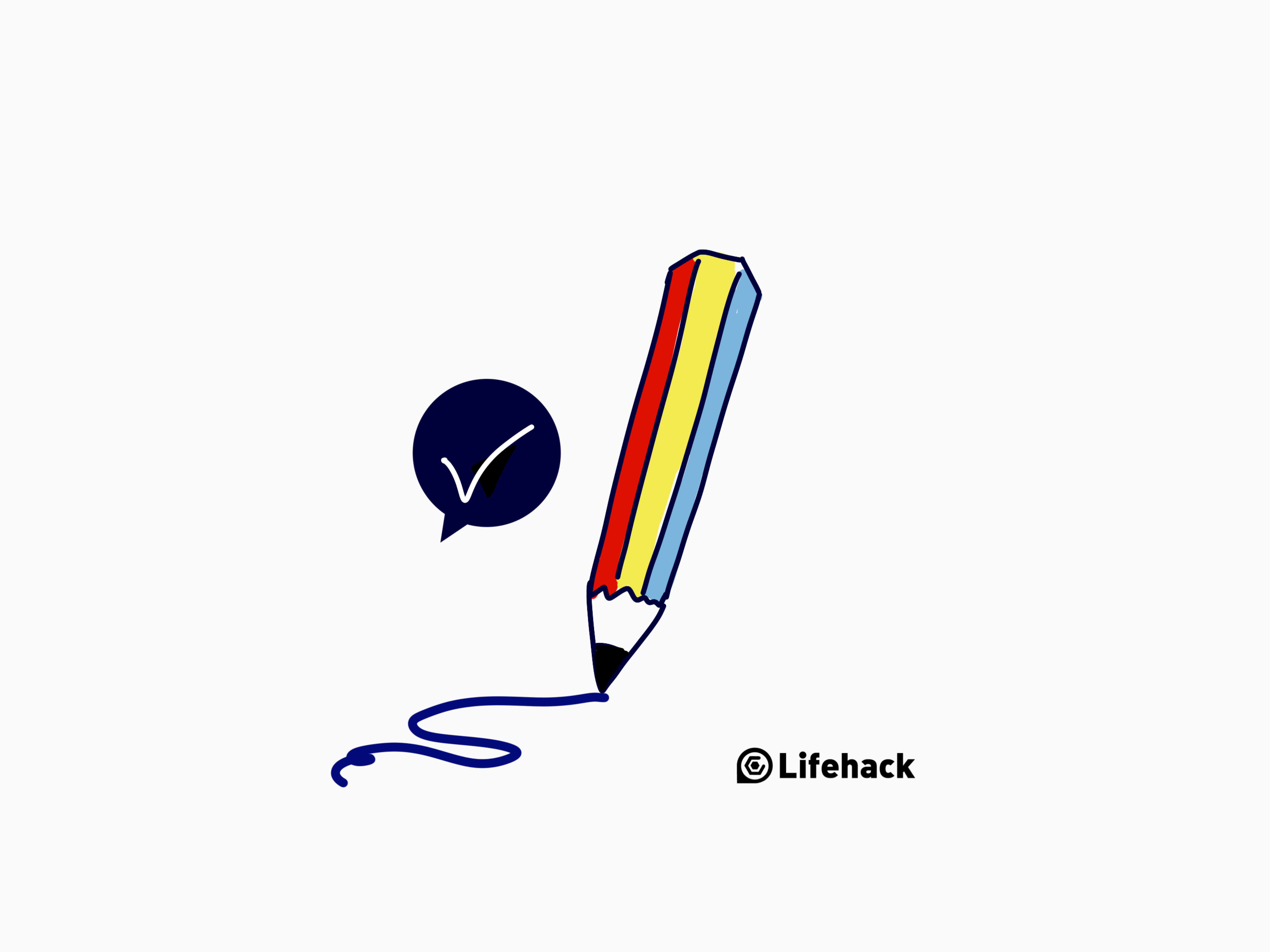There are two kinds of people in the world: simplifiers, and complicators.
Complicators, they seem blind or fearful of simple solutions. Everything they do, they do it in the most difficult and complex manner. From a distance, this looks like they thrive on challenges.
Simplifiers, on the other hand, are the opposite. They avoid complications of any kind. They can be mistaken for people who only do the minimum amount of work needed to get by.
The difference between these two kinds of people becomes obvious when they are required to write an essay or report. Even if they are writing about the exact same thing, the complicator will write far more than the simplifier. From a distance it will look like the complicator wrote the better piece, after all, its longer, and possibly more detailed.
However, it needs to be asked, does more automatically mean better?
More + Complex = Better?
It’s human nature to want more, we find interest in the difficult and complex. When we get more of something, we feel it is strangely worthwhile.
Our technological progress focuses a lot on more. For decades a phone was something used to call people. Now our phones are web browsers, cameras, gaming devices… When we see something that has many different uses and functions, we assume it is better than similar items.
For example, would you buy a pencil that is great for drawing and writing, and comes with no other features, or a pencil that comes with lots of other features?
Most of us would go with the second option, even though in many ways its the inferior.
Complexity Is Appealing but Not Practical
Complexity might make something seem more attractive, but the complications may actually subtract from something rather than add. It doesn’t help to make something effective. But complexity is easy, simple can be difficult to achieve.
Edsger W. Dijkstra, one of the founding fathers of modern computer programming said,
“Simplicity is a great virtue but it requires hard work to achieve it and education to appreciate it. And to make matters worse: complexity sells better.”
Great pieces of work only emerge when you take things away from it. For example, the Declaration of Independence was heavily edited by Benjamin Franklin before he officially released it.
The first line originally read: “We hold these truths to be sacred and undeniable…”
This is close to it, but there is something lacking. So Benjamin Franklin got rid of the last three words and replaced them with two.
Soon it read: “We hold these truths to be self-evident”
The difference is immediate and striking in its precision.
Simplicity Gets More Things Done
If you begin to see the beauty and efficiency in simplicity, you’ll be clearer about the purpose of something and find problems less overwhelming.
Think about that multi-feature pencil again, do we really need that many functions out of a pencil? No. What we truly need is a pencil that makes writing and drawing easy. It’s that simple.
Simplifiers always look into seemingly complex problems, interpret them, break them into smaller parts and re-organize them.They are aware of unnecessary input of their work which may complicate anything. Their goal is to simplify a problem in order to be clear about the root cause of it and solve them in the simplest way, which saves cost and effort.
When you start to make things simple, you can improve your productivity and get closer to success. It all boils down to trimming away unnecessary weight and baggage from your life which slows you down.
Make It Simple, but Significant
So ask yourself: are you a simplifier or a complicator? If you think that you lean towards being a complicator, don’t worry, it’s not something permanent. It can be useful to go from a complicator to a simplifier. All you need to do is follow two core rules:
1. A Clear Intention
This might be obvious, but before you set out to do something, you should be 100% certain about exactly what it is you want to do. If there is any uncertainty, your lack of understanding will be manifested in useless extras and complications.
2. Kill your Darlings
The name of this comes from the great writer (and master simplifier) William Falkner. It boils down to this.
If you’re working on something, and you do something great (perhaps write a fantastic sentence) in a project, and it doesn’t work with the rest, then you must get rid of it. Essentially, it doesn’t matter how you feel about something, if it doesn’t work with the core idea, you must get rid of it. Getting rid of bad stuff is easy, but it takes a pro to see great stuff and remove it for the greater good.
Use this simple trick to decide what to keep and what to ditch: Must Have, Should Have, Good to Have. If it’s a must-have item, keep it; a should-have one, trim it; a good-to-have one only, consider deleting it.
Simplification can massively increase your productivity, but this takes practice. If you want to learn more about simplifying, I recommend this article: How Being A Minimalist At Work Can Make You More Successful
















































